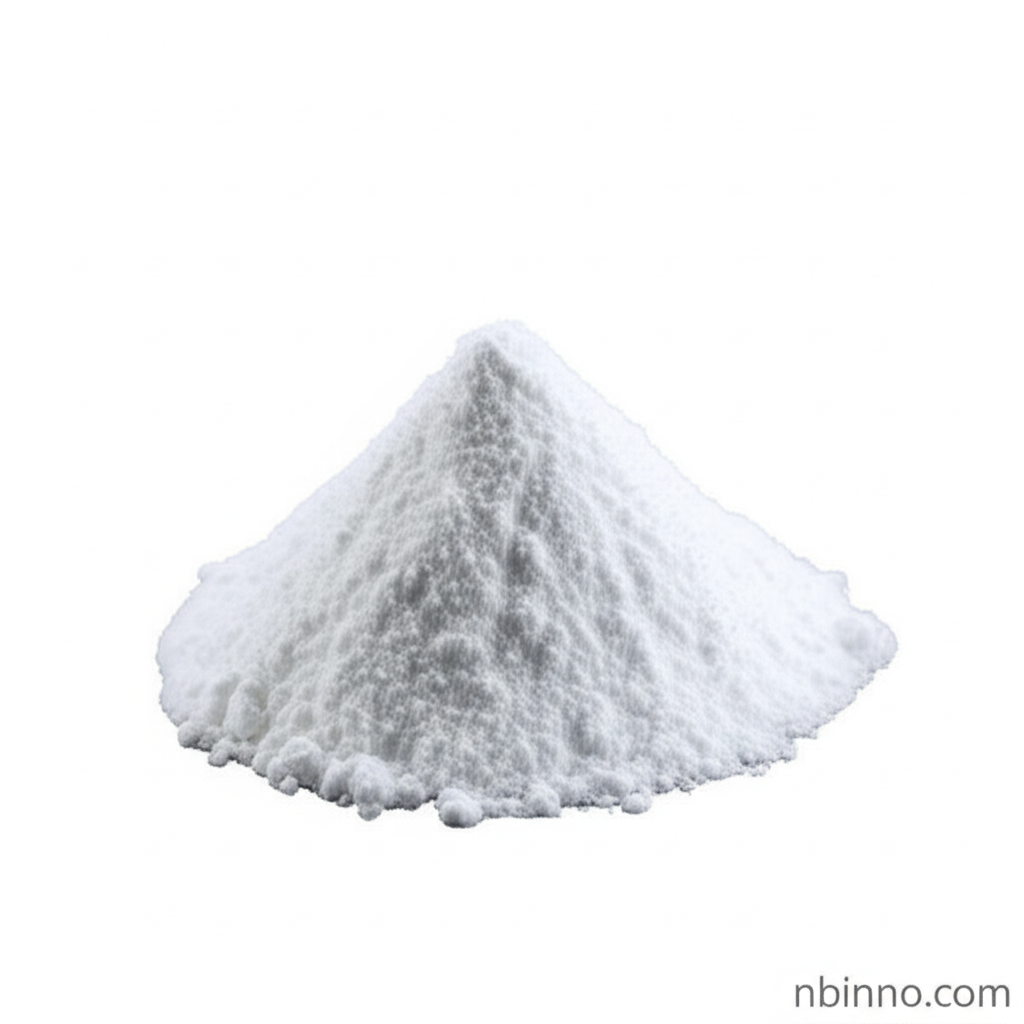High-Purity Ruthenium Catalyst: Advancing Organic Synthesis and Materials Science
Discover the power of advanced organometallic catalysts for your complex chemical challenges.
Get a Quote & SampleProduct Core Value

Dichloro(3-phenyl-1H-inden-1-ylidene)bis(tricyclohexylphosphine)ruthenium
This high-purity ruthenium-based organometallic compound is a cornerstone for cutting-edge research and industrial applications. Its meticulously designed molecular structure, featuring a ruthenium center complexed with tricyclohexylphosphine ligands, ensures exceptional stability and potent reactivity. This makes it an indispensable tool for achieving high yields and accelerating reaction rates in critical synthetic processes.
- Facilitate cross-coupling reactions with high efficiency, a key aspect of the ruthenium catalyst for cross-coupling reactions, enabling the formation of complex organic molecules.
- Contribute to the synthesis of advanced polymers with ruthenium, opening new avenues in materials science research and development.
- Utilize organometallic compounds in organic synthesis for precise molecular construction, vital for pharmaceutical intermediates and fine chemical production.
- Leverage catalysis for pharmaceutical intermediates, ensuring the efficient production of high-value active pharmaceutical ingredients.
Advantages Provided by the Product
Enhanced Reaction Efficiency
Experience accelerated reaction times and improved yields, a direct benefit of employing this advanced catalyst in your organic synthesis workflows.
Versatile Application Spectrum
From pharmaceutical development to the creation of novel materials, this compound's versatility makes it suitable for a wide range of scientific and industrial pursuits.
Commitment to Green Chemistry
Support sustainable practices by utilizing catalysts that promote reactions with minimal waste and reduced reliance on hazardous solvents, aligning with green chemistry principles.
Key Applications
Catalysis in Organic Synthesis
Serve as a highly effective catalyst in various organic reactions, particularly in cross-coupling processes, driving innovation in synthetic chemistry.
Materials Science Innovation
Contribute to the development of advanced materials, including polymers and nanomaterials, by enabling the creation of tailored functionalized surfaces.
Pharmaceutical Intermediate Production
Facilitate the synthesis of complex organic molecules, proving invaluable in pharmaceutical development and the efficient production of APIs.
Green Chemistry Initiatives
Support environmentally conscious chemical processes by enabling reactions that minimize waste and reduce the use of hazardous solvents.
